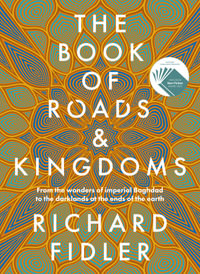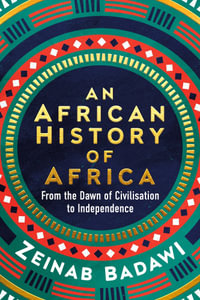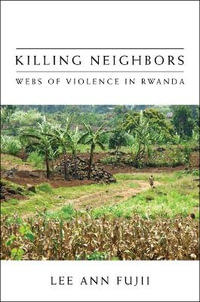The Atlantic Slave Trade from West Central Africa, 1780-1867, traces the inland origins of slaves leaving West Central Africa at the peak period of the transatlantic slave trade. Drawing on archival sources from Angola, Brazil, England, and Portugal, Daniel B. Domingues da Silva explores not only the origins of the slaves forced into the trade but also the commodities for which they were exchanged and their methods of enslavement. Further, the book examines the evolution of the trade over time, its organization, the demographic profile of the population transported, the enslavers' motivations to participate in this activity, and the Africans' experience of enslavement and transportation across the Atlantic. Domingues da Silva also offers a detailed 'geography of enslavement', including information on the homelands of the enslaved Africans and their destination in the Americas.
Industry Reviews
'Through the masterful application of quantitative methods, Domingues da Silva rewrites the history of the slave trade from West Central Africa. No longer do we have to guess at slaving patterns and at the demographic impact of those patterns on particular communities. Indeed, Domingues da Silva shows the value of carefully constructed databases for answering questions that have been debated time and time again.' Walter Hawthorne, Michigan State University
'Daniel B. Domingues da Silva's well-researched book is a welcome addition to the little-known history of the last decades of the slave trade from Angola. The author's research leaves no doubt that the main source of slaves during the period were the communities nearer the coast of Luanda and the Kwanza River, and not those in the far interior. This direct challenge to the existing scholarship will undoubtedly generate vigorous responses from the many scholars whose pioneering works made a direct connection between the expanding slave frontier and the powerful Lunda Empire.' Linda M. Heywood, Boston University, author of Njinga of Angola: Africa's Warrior Queen
'This is a valuable addition to the growing scholarship on the Angolan slave trade. While grounding his book on African dynamics and contexts, Domingues da Silva explores historical linkages with the wider Atlantic world. This book will immediately become a reference for scholars of the slave trade and abolition in the Atlantic world.' Roquinaldo Ferreira, Brown University, Rhode Island
























